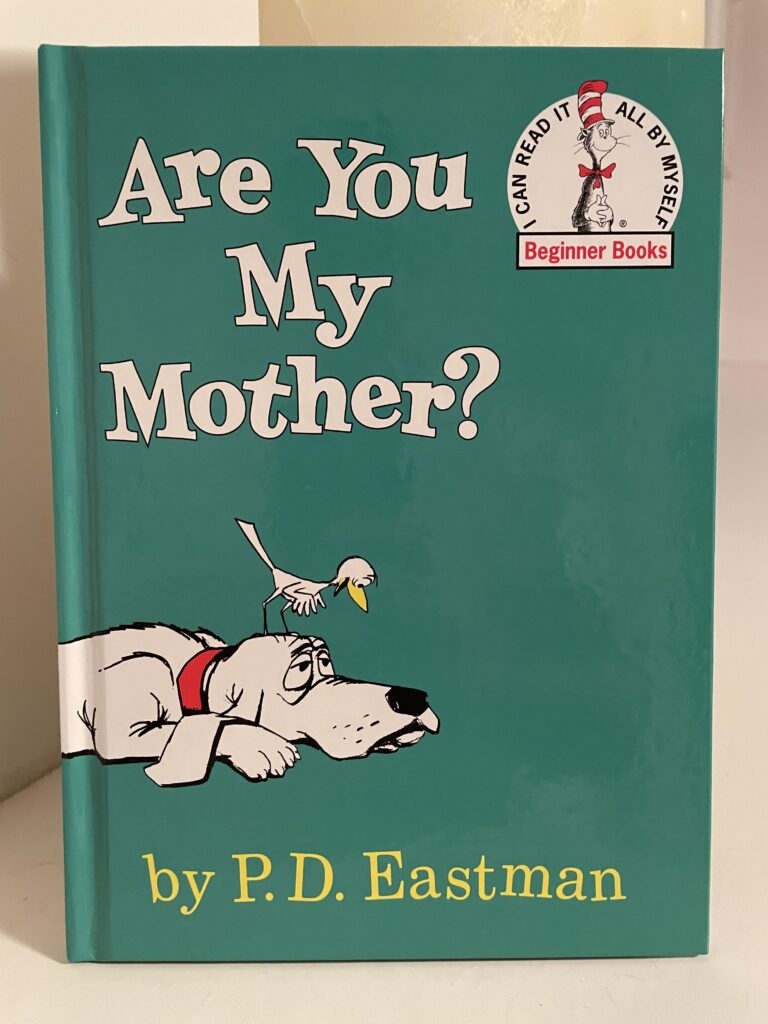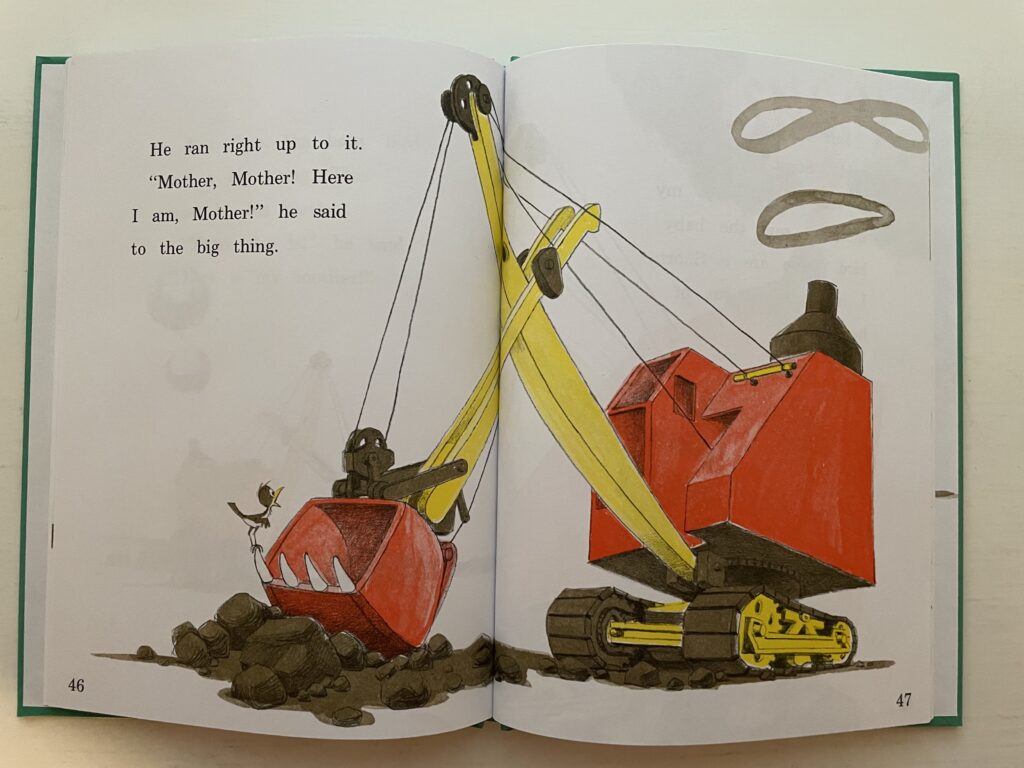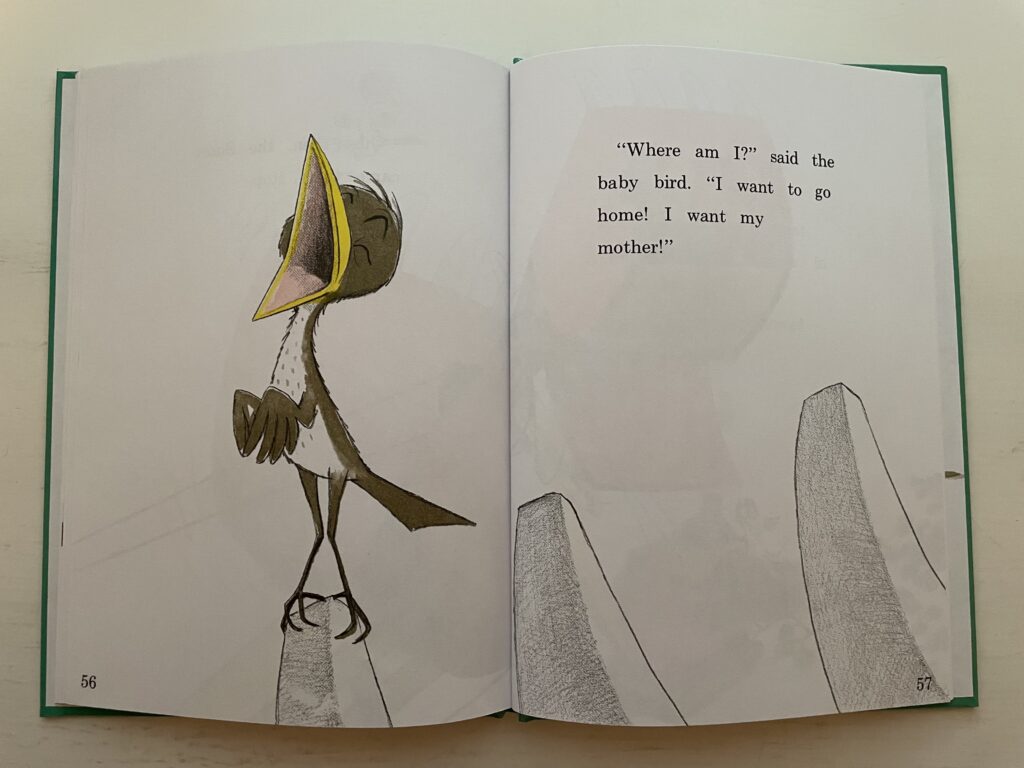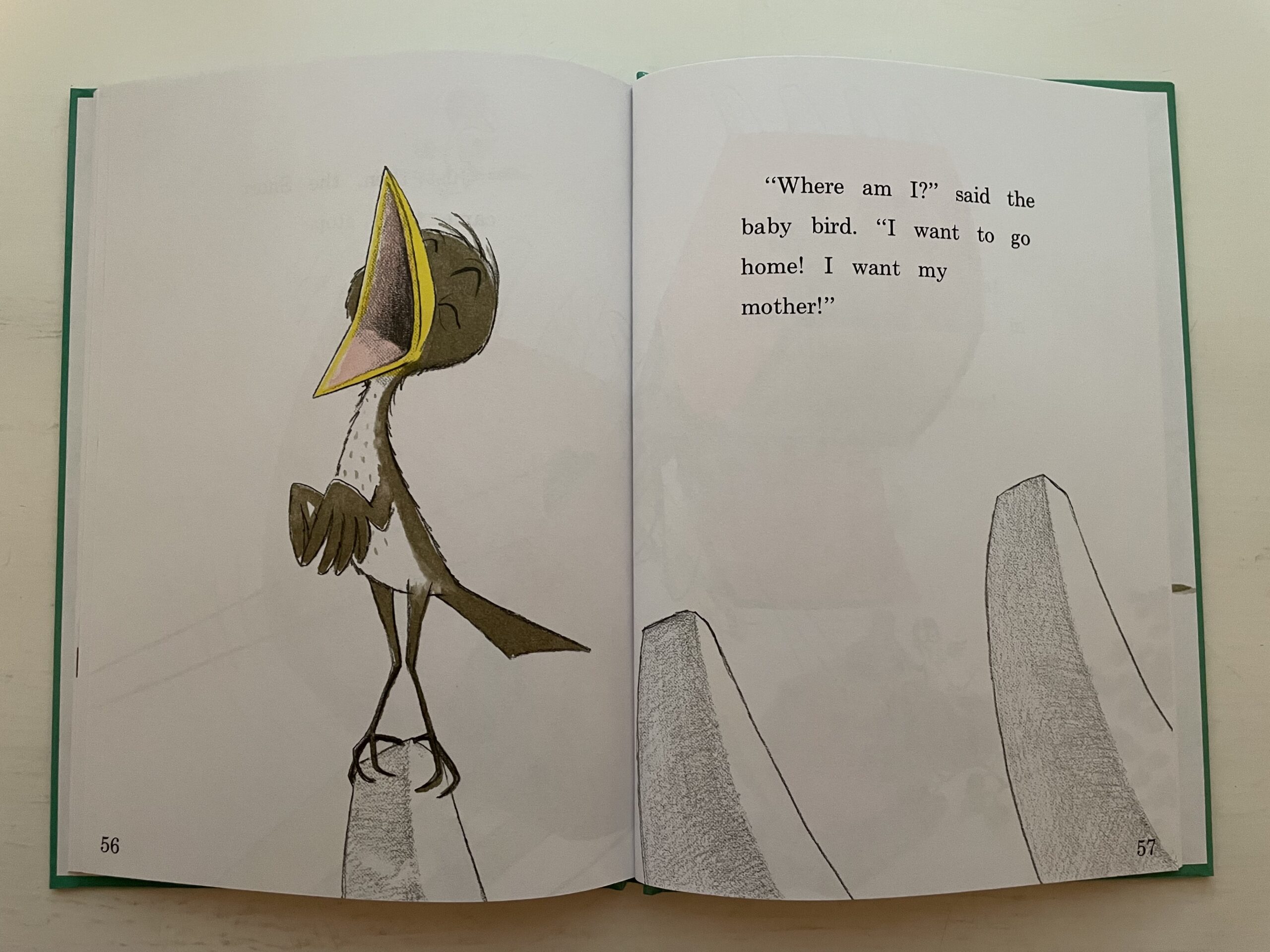Photograph by J.D. Daniels.
I don’t remember learning to read. There is a story in my family: I am still a small child, my mother carries me in her arms as she stands in line at the bank, the bank teller sees my long golden hair and says, “What a pretty little girl.” I say “I am a boy, Janice,” and Janice screams and faints.
This was in the seventies in Kentucky, the years of The Exorcist and The Omen, the era of demonic children on-screen. Janice, primed by horror movies to see the supernatural in everything, was unable to imagine a less exciting explanation. It was impossible that a child so small could have read her name tag.
It is not lost on me that this myth of learning to read frighteningly early is, at the same time, about my indignant insistence that I am a boy. Nor is its brimstone whiff of my family’s demonic flavor lost on me. When my mother’s brother Charles Edward died, she told me, “He was the devil, John David, and you are just like him.”
***
You know the line everybody has to repeat about how Kafka says a book must be an axe to break up the frozen sea within us? That must be one of the craziest things I’ve ever heard. I don’t have a frozen sea within me. I have burning magma.
As I reach out my hand for the illustrated children’s Bible I want to write about, I feel molten fear. I open the book. I can’t read its first page without rushing to the bathroom in a panic to shit my brains out. How I wish I could shit my red brains out, but my brains are with me always, even unto the end of the world, such as my brains are: hot, crackling, searing, electrified. If it isn’t fear I feel, I’d like to know what it is. Pain? Desire? Awe?
***
Fifteen years ago my mother—deaccessioning books from her crowded shelves, simplifying her retirement in Fort Myers, Florida, not knowing that, in 2022, flooding from Hurricane Ian would simplify her life far beyond the level of austere calm that had been her aim—fifteen years ago my mother airmailed me a cardboard box of my old children’s books. I sat on the floor of my office, gratefully, greedily reading them all. And, when I had finished, a child again, with all of childhood’s attendant terrors, I smashed my office chair into splinters and screamed until I vomited.
There was a blue book in that cardboard box that hadn’t ever been mine: a brand-new copy of Love You Forever, a famously moving book and a famously confusing and upsetting one, too. Being a mammal is all about confused boundaries: at one time, you lived inside your mother’s body. It was confusing.
I read the book. A mistake. I make a lot of them. This is what I remember. A woman has a child, a son. She sings him a song about how much she loves him. She sings it to him when he is a baby, she sings it when he is a sullen teenager. When he grows up and moves away, she drives across town, in a bizarre scene that the reader is apparently expected to take in stride, and breaks into his house to watch him as he sleeps, and to sing him the song. When she is too old and weak to sing to him, in a terribly moving and upsetting scene he sings their song back to her. When his mother dies, he sings the song to his own infant daughter. A tale of love and doom.
***
Also in the box: A Child’s Book of The Bible, “retold by Michael J. Pellowski, edited by Malvina G. Vogel,” 1980.
I have a speech I used to give—don’t worry, I’m not going to give it now—about how I can’t stand it when writers are asked about their influences, as if anyone could possibly have accurate access to that information, or, possessing it, would dare to be honest. But I have had recent luck in not beating ‘em but joining ‘em, and so today I’d like to besmirch or implicate myself in the common practice of influence naming. It was the stories in A Child’s Book of the Bible, like “The Handwriting on the Wall” in the Book of Daniel, that made me want to be a writer.
The fingers of a man’s hand appeared on a wall opposite the king … the floating hand wrote four strange words on the palace wall. Then the mysterious hand vanished. Where did the hand come from? What did the words mean?
Neither King Belshazzar nor his astrologers and soothsayers can understand the message of this magic writing. The queen says, in the King James Version:
There is a man in thy kingdom, in whom is the spirit of the holy gods; and in the days of thy father light and understanding and wisdom, like the wisdom of the gods, was found in him; whom the king Nebuchadnezzar thy father, the king, I say, thy father, made master of the magicians.
And that man, of course, is Daniel. How silly I feel every time I mistype his name as “Daniels.” He can read magic writing no one else can read (can he read a bank teller’s name tag?), he has the spirit of the holy gods, he has light and understanding and wisdom, he is the master of the magicians. He’s faster than a speeding bullet, more powerful than a locomotive, able to leap tall buildings in a single bound. Look, up in the sky! It’s a bird! It’s a plane! Tell me, who’s that writing? John the Revelator, David the king, Daniel the prophet in the lion’s den.
Pellowski and Vogel have Daniel tell the king: “It was the hand of God you saw. It was God who wrote those words.”

Vittore Carpaccio, Vision of St Augustine, or St Augustine in his Study. Courtesy of Wikimedia Commons.
Every year I find it harder to write. I don’t need it to be easy, I only need it to be possible. Phantasmatic pneuma—that’s what the art historian Norbert Wolf calls the medium through which the death of Saint Jerome was transmitted to Saint Augustine as he sat writing. It’s a high bar for a writer: vision, telepathy, prophecy. Wouldn’t it be easier just to stack one word on top of another? Maybe so, maybe not.
“Seest thou these great buildings? there shall not be left one stone upon another, that shall not be thrown down.”
Deep in my heart I have a belief that writing is a magic prophecy that God carves into a wall, or a vision of an intoxicated Pythia writhing and barking on the floor of the Temple of Apollo at Delphi, not anything I can build with my own hands. What to do? For a long time, I sat around waiting for lightning to strike. Then I spent a decade climbing hills in thunderstorms, waving a seven iron over my head. It works.
William Blake told me: “The road of excess leads to the palace of wisdom.” Well, partner, now let me tell you something. I took your road of excess. Are you trying to convince me that this here is the palace of wisdom? What a dump.
Proverbs 9:10: “The fear of the LORD is the beginning of wisdom.” What happens after the beginning? Nothing. Fear is all there is.
***
In the beginning, the evening and the morning were the first day: opposites coexisted, contradicting but without canceling out. I grew up on a pretty street with block parties and volleyball games, with weeping willows and tulips: I grew up on a street where X and Y, the twins on the corner, carried flea-market butterfly knives and once tried to force a neighbor’s visiting cousin at knifepoint to suck a dog’s dick, until Big Merlin shamed them into stopping. Big Merlin died last summer of pancreatitis, which is how Kentuckians pronounce the word alcoholism.
A peaceful street, a street at war. The good object and the “bad” object are the same object. Are you my mother?
Like the king her father before her, and like her five brothers, my mother had a teeny-tiny drinking problem. As for me, I am of the Ozzy Osbourne school: my drinking problem is I have one mouth. Am I my mother? (I am a boy, Janice.)
Also in the box: Are You My Mother? by P. D. Eastman, 1960.

Photograph by J. D. Daniels.
Short answer is: Yes.
A mother bird, feeling her egg about to hatch, leaves the nest in search of something to feed her almost-newborn. “He will want to eat.” While she is away, her egg hatches. “Out came the baby bird! ‘Where is my mother?’ he said. He looked for her … He did not know what his mother looked like. He went right by her. He did not see her.” He meets many animals. “The kitten and the hen were not his mother. The dog and the cow were not his mother. Did he have a mother?” The baby bird sees a broken-down car. “Could that old thing be his mother? No, it could not.” Yes, son, it could. It isn’t, but it will be, and you will sing to her. He sees a boat, he sees a plane. He has moved on from projecting into the natural world to the built or made world, which is less and less like him but crucially present. We are born to adore, so he attempts to adapt using materials ready to hand.
Shades of Robert Anton Wilson, who writes:
We read of a baby giraffe whose mother was accidentally killed by a jeep immediately after birth. The neonate, following hard-wired genetic programs, “imprinted” the first object that roughly fit the giraffe archetype—the jeep itself. He followed the machine around, vocalized to it, attempted to suckle from it, and, when adult, tried to mate with it.
Similarly, Konrad Lorenz tells of a gosling who accidentally imprinted a ping-pong ball and spent his adult life, indifferent to female geese, attempting to sexually mount ping-pong balls.
“The baby bird saw a big thing. This must be his mother!”

Photograph by J.D. Daniels.
Sometimes I feel like my whole life has been nothing but people running up to me and saying, Mother, Mother! Here I am, Mother! And I feel confident that other people could describe my behavior in the same way.
“ ‘Where am I?’ said the baby bird. ‘I want to go home! I want my mother!’ ”

Photograph by J.D. Daniels.
This is surely one of the great children’s-book illustrations of our time: balanced on a tooth, a mouth within a mouth. Shades of Robert Bly’s The Teeth Mother Naked At Last. But it is not her mouth, it is your own. The breast that nourishes me is the same breast I fear will devour me in reprisal.
Of course, in the end his mother returns and feeds him. Nothing ever happens here in Galilee. My mamaw told me: “I used to think life was just one thing after another, but now I know life is just the same thing over and over.”
***
I haven’t done my usual amount of reading this year, of children’s books or of any other kind. This year my girlfriend had chemotherapy, immunotherapy, thoracic surgery, and two collapsed lungs. When she was in the hospital, I drove to visit her twice, most days. I got to know that curve in the arching expressway turnoff ramp where you have to shift from fifth into neutral to make the drop and then back into third to accelerate up and into the high turn, real Formula One antics, but just as you feel like Mario Andretti you’re at the merger where some tourist is parked, stationary in highway traffic, too terrified or incompetent to merge onto Storrow, and you shout out the window as you hit the hole and rip past him, “Let your balls drop, shit-dick,” and no one hears you, but all the same pretty soon you’re yelling it every day, even when there’s no car to yell at, shouting at a ghost. Sometimes I feel like my whole life has been nothing but shouting at that ghost. Sometimes I feel like my whole life has been nothing.
For months, for cancer months, I was so tired I could fall asleep just by closing my eyes. It was like working on the assembly line when I was a teenager: our OSHA-mandated-ten-minute-break whistle went off, and I crawled up on my table, and three seconds later I was asleep. I could sleep with my cock slammed in a door. I could sleep on a flight of stairs.
For fifty-three days I emptied the blood out of her Atrium Express Mini 500 Mobile Dry Seal Drain, out of her lung and into the bathroom sink. I wiped her blood off the tiles of the bathroom floor. I held her in my arms when she cried, I rocked her to sleep. Am I her mother?
***
The pastor of the Heart of Fire Church in Fern Creek, where I grew up, if I ever did grow up, once helped me and my mother move a truckful of boxes of my books: children’s books, yes, sure, and other books, too. I think I was twenty. I had dropped out of college. My apartment was on top of a corner store where, as I was soon to learn, I could rarely pick up bread and milk without some cat in line hammering on me to pay for his groceries, too: “I see how it is. You’re just a player hater. You just hate a player.” No, I’m just trying to buy this deviled ham.
When we were finished and my mother wrote the pastor a check, he looked down at it, then back up at her. “Don’t cheat a blind man, sister,” he said. “I can’t read.” After he left, my mother cried all day.
J. D. Daniels is the winner of a 2016 Whiting Award and The Paris Review’s 2013 Terry Southern Prize. His collection The Correspondence was published in 2017. His writing has appeared in The Paris Review, Esquire, n+1, the Los Angeles Review of Books, and elsewhere, including The Best American Essays and The Best American Travel Writing.
